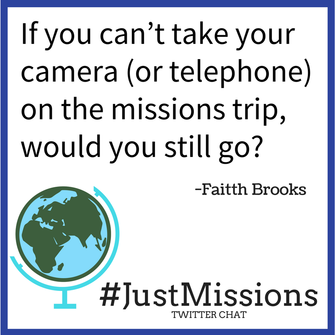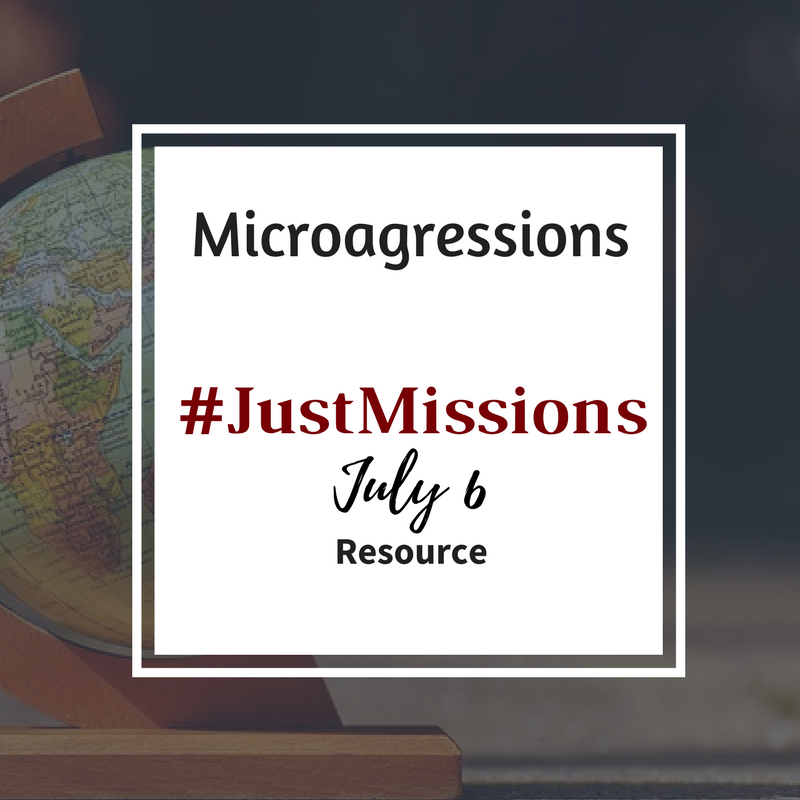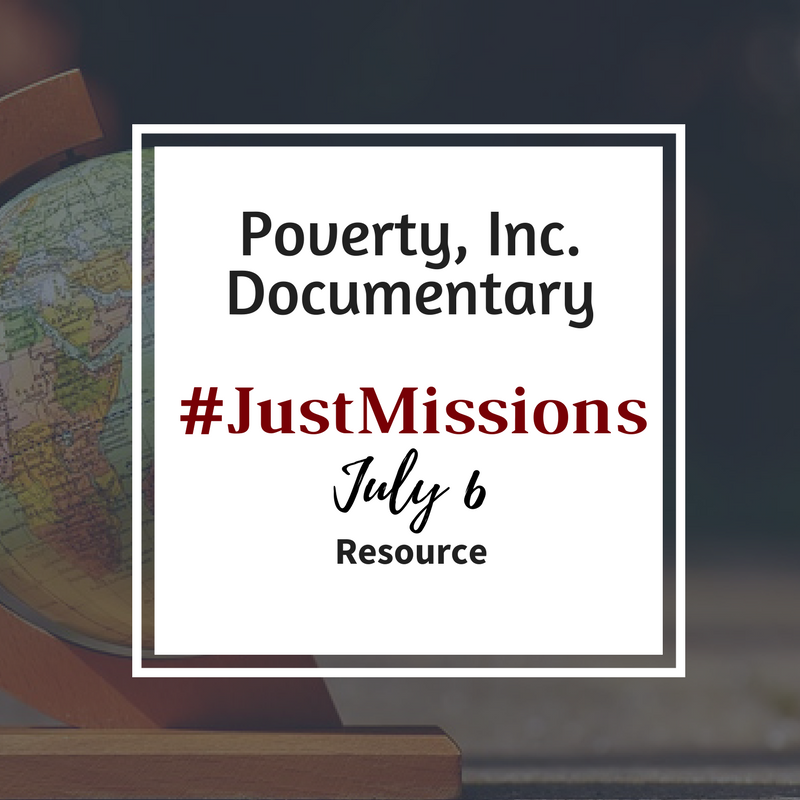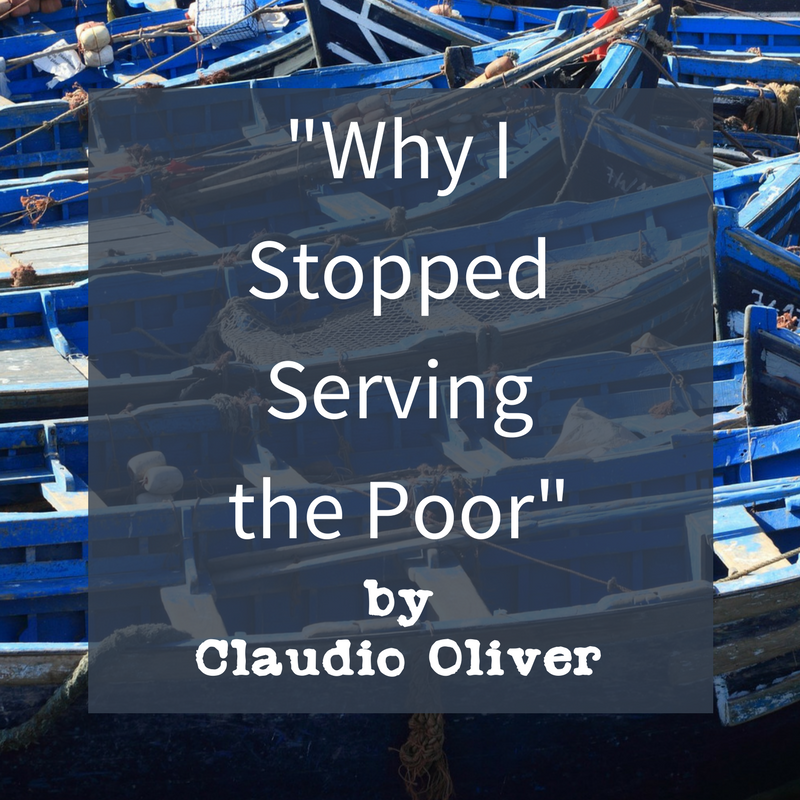 After attempting to record a video interview of Faitth, twice, I have decided that I’m going to do this in print form, rather than not having any record of our interview. Faitth is full of wisdom for doing justice in missions, whether overseas or on American soil. I’m so thankful for her passion, wisdom, and heart for missions and for working alongside those who are more vulnerable. She is a gifted writer and wonderful to talk to. I hope you will find her on social media @FaitthB (yes there are two Ts cause she’s awesome like that) and read her words at www.faitthbrooks.com A Quick Bio on Faitth Faitth is in graduate school for social work, and currently works as a communication programming director. She is an activist, blogger, and founder of Hannah’s Hope, a nonprofit that supports teen moms. She will be traveling to Rwanda for a second time in about two weeks on a learning exchange trip with Woman to Woman, a group of life coaches, teachers, artists, mothers, daughters, engineers, and entrepreneurs to inform, uplift, and learn from women in Rwanda. Faitth went on her third missions trip as a college student to Rwanda and was the one of two African American female participants on the trip. Her experience was tough to process, “Many of the other students were more interested in taking photos to post to Facebook than to actually do the work we were there to do.” Faitth’s Litmus Test for Short-term Missions “If you can’t take your camera (or telephone) on this trip, would you still go?” I love this as a way in which we must check ourselves prior to participating in missions. Would I really go on this trip if no one in my social circle could know about what happens or that I’m even there? If I was not allowed to post photos from my trip would I still attend? What is my motivation for going? These are all important self-reflection questions to ask in missions. These are questions Faitth asks herself. ‘Why am I doing this?’ she said she often self-reflects. She also has good friends who also ask her that question to keep her accountable. “If my answer is that I’m doing something for my own personal glory, it’s usually better for me to not do it.”  Savior Complexes Need to Be Checked The term god complex was used by Jurgen Moltmann, who defined it “as humans and powers seeking to become gods.” This term is often used in the Christian development world as a reminder that we all have god complexes within us, and our tendency to follow those complexes can create major injustices for those around us. So we must be on guard against our god complexes that want to save and want to be glorified. These thoughts and feelings are certainly going to hit us, especially in our altruistic pursuits, but when they do, we cannot let them take over. Faitth says that she has to check her god complex both on home turf and on foreign soil. “It’s easy for us to walk into a family’s house in Haiti and think, ‘I want to take them out of this life and bring them to America.’ But that is not what is best for them. Context is important, and just taking someone out of their context and replanting them in America won’t actually empower them. They’d have to then assimilate to American culture. We have to recognize that just because their lives don’t look like ours doesn’t mean they live bad lives.” One tool Faitth uses to help combat god complexes is choice. “I don’t travel with any organization unless I feel connected to their mission and vision,” she said. “I have changed my criteria for trips with organizations overseas. Now, I will only go on a trip that has a model of a learning exchange, where we are learning from the locals and they are learning to from us. I will research the organization and make sure that at the least, they employ local people. If it’s an organization founded by locals, I’m more inclined to partner with them.” Faitth said she watched the documentary Poverty, Inc., which really helped her identify issues in missions that were already stirring in her heart. Empowerment is on the forefront of her mind as she thinks about who to partner with in missions. “If I’m not going to empower the local community, I shouldn’t be going,” she said. “I want to make sure I’m not bringing things from America that may ruin the local economy.” We discussed how we can think that giving a local family a pair of shoes we’ve brought from America may not seem like it’d be doing harm on an individual level, but on a systemic level, we could be harming the livelihood of the local cobbler. Woman to Woman Faitth is heading to Rwanda in two weeks with a group of only African American women. She smiles from ear to ear talking about it. “I’m so excited about this being a trip where we are going to learn from Rwandan women. It’s like a sisterhood of sorts. We have things to learn from them and they have things to learn from us.” I am personally so blessed by this trip as I know that whether intentional or not, white Americans can often be a picture of colonization in missions. This trip, where the leaders and participants are black women, in my opinion, is one with much potential. In my own experiences, mostly in Latin America, there is a level of trust and honesty that is difficult and rare to find on such trips when predominately white Christian Americans come and dominantly ‘do’ missions. There is an automatic powerplay in missions that needs to be leveled as much as possible by sending churches. There are a few people on this trip that are still needing the funds to participate. If you feel inclined to give, you can go here: https://www.purecharity.com/woman-to-woman-in-rwanda-trip-fund Racism in Missions Faitth experienced racism on her first trip to Rwanda, with things being said to her by her white peers. Not only was she the brunt of much of it, but it was also directed toward Rwandans. She is looking forward to a completely different experience this time around. Faitth said that mission trip participants should be educated on the area they are traveling to and make sure they are trained on things they should not say, things that could be considered offensive to the culture they are going to. I asked Faiith if and why she thinks it’s less likely for African American missionaries to struggle with a god complex. She said she does think it’s less likely. “In everyday American life, African Americans are minorities in most settings they walk into, including their jobs. They are less likely to try to ‘save’ others because they are trying to survive life themselves. They know what it’s like to have people come and try to ‘save’ them.” There is a connection that she has felt on the mission field with locals simply because of her skin color. She also sees her time in Africa as nostalgic in a way that a white American would not. “Generations ago, my family came from here. They were taken out of this land. It’s very surreal,” she said. Questions Q1/2 - Introduce yourself, share your name, region (if you can), and your favorite book: fiction and/or nonfiction. Q1 - What is a savior complex or god complex, and how have you been tempted in having one? Q2 - Do you think certain groups of people are less likely to be tempted to have a savior complex? Q3 - Faitth offers several tools on how to combat god complexes. Have you used any of those she mentions? What tools have you used to combat a savior complex? Q4 - Do you think that savior complexes/god complexes fuel racism, sexism, nationalism, or the notion that one culture is better than another? Q5 - What are ways both internally and externally we can reduce racism and implement humility in missions? (like a learning exchange rather than a short-term mission) Q6 - Can you think of any biblical passages that can help us remember we aren't saviors? Action Steps:
0 Comments
|
Gena's
|



 RSS Feed
RSS Feed

